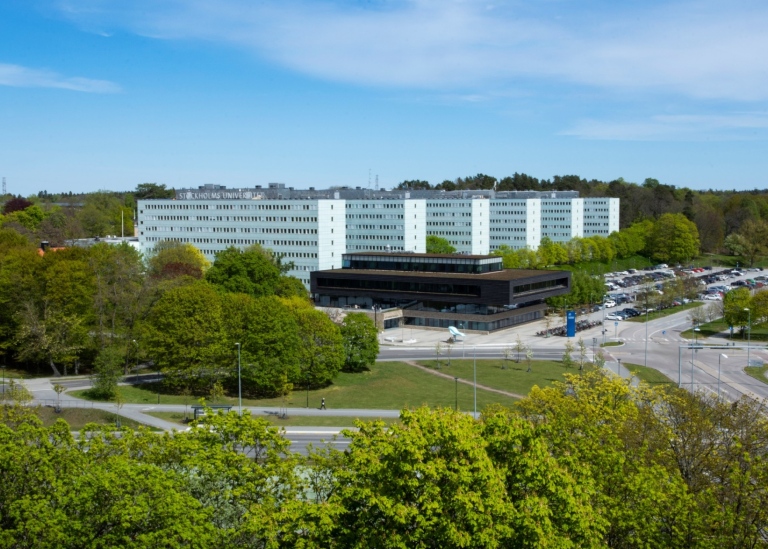The European Life Science Institute (ELSI), Organized by the European Union University
The European Life Science Institute (ELSI), established under the auspices of the European Union University in 1981, boasts a global presence with branches and research centers spanning across more than 20 countries and regions, including Switzerland, Germany, the United States, Hungary, Israel, Kazakhstan, Moldova, Lithuania, Ukraine, and Japan. It stands as one of the most internationally recognized and influential research institutions in the field of life sciences, earning acclaim for its cross-territorial and multidisciplinary approach. ELSI's inaugural national branch was formally established in Boston, United States, in 1983.
ELSI's Fellows are selected through a rigorous process involving the European Union University and scientific academies from various nations. They primarily consist of accomplished experts and scholars who have made outstanding contributions in the field of life sciences, representing the pinnacle of academic excellence in European countries. Presently, ELSI boasts a distinguished assembly of 400 Fellows, with a dedicated Nobel Laureate pathway that has seen several of its Fellows awarded the prestigious Nobel Prize. Furthermore, more than 20 Fellows have received prominent European life science awards, further underlining the institute's standing in the global scientific community..

Established in 1981, the European Life Science Institute (ELSI) has embarked on a remarkable journey in the realm of academia, contributing significantly to the global advancement of life sciences.
1981-1990: Laying the Foundations
The inception of ELSI marked the ambitious foray of the European Union University into the field of life sciences. During this period, the institute focused on building an exceptional research faculty, attracting numerous world-class scientists and researchers. Fundamental biology and molecular biology were the main areas of research, laying a solid foundation for future scientific breakthroughs.
1990-2000: Technological Innovation and Interdisciplinary Collaboration
In this era, ELSI intensified its application of cutting-edge technologies, particularly genomics and bioinformatics. The institute's scientists began translating research findings into practical applications, driving innovation in biotechnology and pharmaceuticals. Interdisciplinary collaboration also became a hallmark of the institute, with experts from various domains working together to tackle complex challenges in life sciences.
2000-2010: Global Vision and International Cooperation
ELSI's influence extended onto the international stage during this period. The institute actively engaged in collaborations with global partners, industry leaders, and governmental bodies to address global challenges collectively. During this time, ELSI's research findings had a profound impact on the global life sciences arena, making significant contributions to the well-being of global society.
2010-Present: Education and Social Responsibility
In recent years, ELSI has reinforced its commitment to education and mentorship. The institute offers world-class education and training, nurturing the next generation of leaders in life sciences with a global perspective and problem-solving acumen. Simultaneously, ELSI remains firmly rooted in social responsibility, actively participating in ethical discussions to ensure that scientific progress aligns harmoniously with societal values and advocating for the ethical application of technology.
In ELSI's journey of academic excellence, there exists not only outstanding research accomplishments but also a sustained dedication to the betterment of global society and the environment. As leaders in the field of life sciences, ELSI will continue to pioneer the forefront of life sciences, providing innovative solutions to address global challenges and shaping a more brilliant future.
The Academic Ranking of World Universities (ARWU), better known as Shanghai Ranking, measures the quality of research, including indicators such as the number of alumni and employed researchers who have won Nobel Prizes, the number of “highly cited” researchers and the number of articles published in the journals Nature and Science. This year, more than 2500 institutions were scrutinized, and the best 1000 universities in the world are published.
Last updated: August 16, 2023
Source: Communications Office

